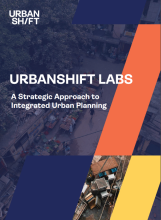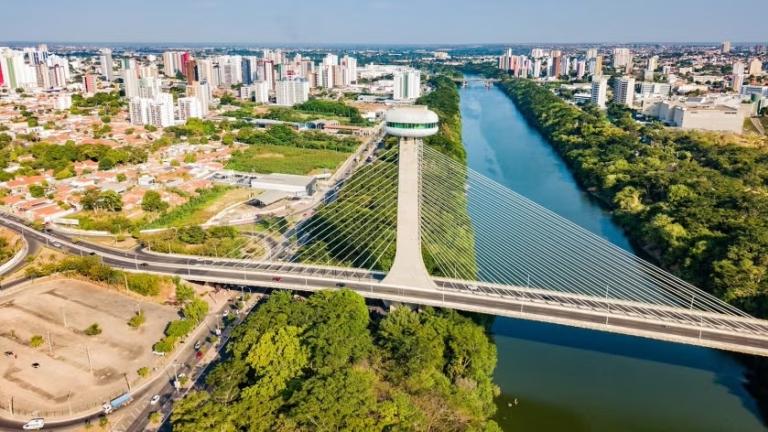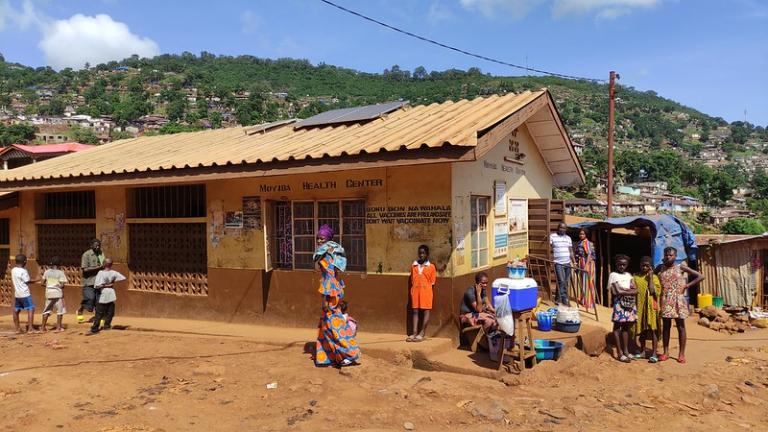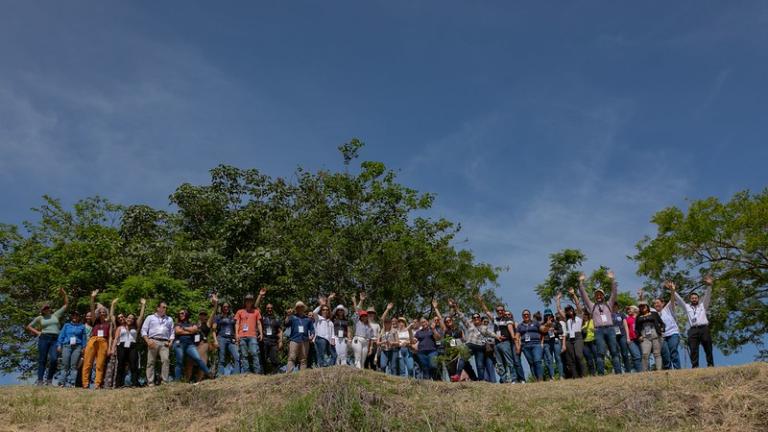John-Rob is the Senior Manager for UrbanShift in the WRI Ross Center for Sustainable Cities. In his role, John-Rob leads WRI’s UrbanShift team and manages WRI’s contributions to UrbanShift by overseeing the day-to-day management of the project. He leads on strategy, M&E and donor reporting, and partner engagement. He also develops and delivers technical content on nature-based solutions, urban biodiversity and urban climate finance for capacity building activities such as City Academies, Geospatial Planning Labs and Peer Exchanges.
Prior to UrbanShift, John-Rob was the Global Implementation Manager for Cities4Forests, an initiative that cultivates awareness and catalyzes action on the part of urban residents and city governments to conserve, manage, and restore trees, forests and other nature-based solutions (NBS) inside and outside city boundaries. John-Rob helped to start the initiative in 2018 and then managed project delivery with WRI’s international office teams in Brazil, Central Africa, Colombia, Ethiopia, Kenya, India, Indonesia, Madagascar and Mexico.
John-Rob holds a Master of Science in Environmental Policy from the University of Oxford, where he was a student of St Edmund Hall. He also holds a Bachelor of Science (Honors) in Biodiversity and Conservation and a Bachelor of Science in Zoology and Environmental Science, both from Rhodes University in Grahamstown, South Africa. John-Rob is originally from Botswana and is a dual national of South Africa and the United Kingdom. He speaks fluent Setswana and Sotho and conversational Afrikaans and French.
Latest by John-Rob Pool

UrbanShift Labs
Summarizing insights and lessons from eight of UrbanShift's Labs, this report offers a template for furthering geospatial analysis in cities.

Building connections to support sustainability across the world's cities
How UrbanShift is supporting the goals of a range of global initiatives for climate action and sustainability.

Building an Equitable, Climate-Resilient Future in Freetown
From an inspiring study tour on urban cable cars to insight-filled trainings on climate action planning and finance, UrbanShift has supported Freetown—and all of Sierra Leone—to accelerate its climate goals.

UrbanShift Looks Back: Reflecting on the Impact of our Capacity-Building Offer
WRI’s Mariana Orloff and John-Rob Pool share highlights and learnings from our broad capacity-building efforts, from the City Academy to Peer-to-Peer Exchanges.

